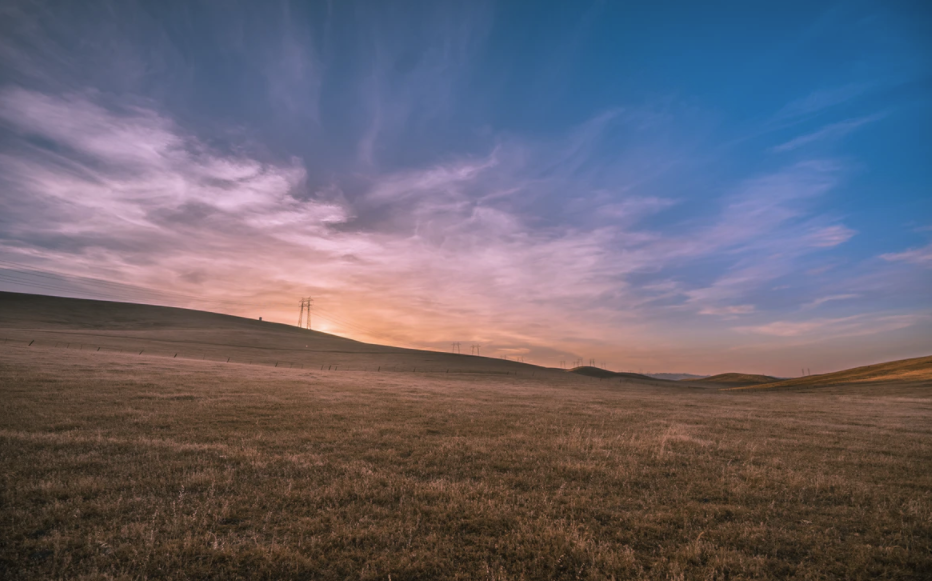Are you dreaming of moving to the countryside? Perhaps you are looking for a rural home to serve as a retreat whenever you get tired of the city rush.
Our guide to buying rural land will help you find a property that suits your needs perfectly. Here are some important things that you should know when looking for land to purchase!

1. What Is Your Ideal Location?
Location is the first thing to consider when buying land in rural areas. Consider your plans and desires first – would you like a place where you can lay out by a huge pool and relax? If that’s the case, you don’t have to worry about soil types and productivity. If you want to cultivate crops or plants, however, you’ll need suitable soil.
Next, think about how isolated you want to be. Would you like to be in a city or town where neighbors and grocery stores are nearby? Or would you prefer land in a distant location with no other house nearby?
If you don’t need a store nearby, what would you like there? Do you want a house that will be close to a lake or river? Would you prefer a property situated in the mountains so that you can hike or ride a bike while enjoying the scenery? It all comes down to your preferences, which is why you should clarify your needs before you start looking.
2. Utility Access
It is really critical to consider utility access. If you’ve lived your entire life in the city, having access to water and electricity comes as a given. Things work a bit differently in rural surroundings.
Your water source could be a water tank or even a well. If there is no water source at the location at the moment, you can talk to an expert about potential solutions.
As for electricity, solar panels or power generators might be worth considering. Even if you have electricity, it’s always good to have a backup option ready. Once a storm strikes, and there is a power outage, rural locations will be among the last to get service restored due to the remote location.
Don’t forget the septic system, and the fact that you will probably need to haul your own trash away. It’s also good to have satellite TV, internet, and other amenities. It might be for leisure, but you will need a way to stay in touch with the world.
In addition to access considerations, another crucial aspect to take into account when living in rural surroundings is monitoring existing leakage. With alternative water sources like water tanks or wells, it may become imperative to ensure the integrity of these systems and detect any hidden leaks through subsurface leak detection methods.

3. Do You Need to Build a New Home?
There is little chance you will find a relatively new home on the property. There might be old structures on the property, or none at all.However, don’t forget to calculate other costs. Apart from building a house, you might need to secure septic, water, and electrical power. Try to incorporate as many details as possible when planning , so you can get an accurate idea of how much the entire project will cost.
4. Road Access to the Property
Has road access to the property crossed your mind? If the road is in poor condition, you might risk damaging your car.
Road maintenance might also be your responsibility, especially if there are no neighbors nearby. If it snows, be ready to clean the road yourself.
There is still lots of beautiful land available for purchase. You just need to know where to look and keep our important tips in mind to make sure that you get the absolute best deal for your money. You’’ll be enjoying your new property before you know it!


